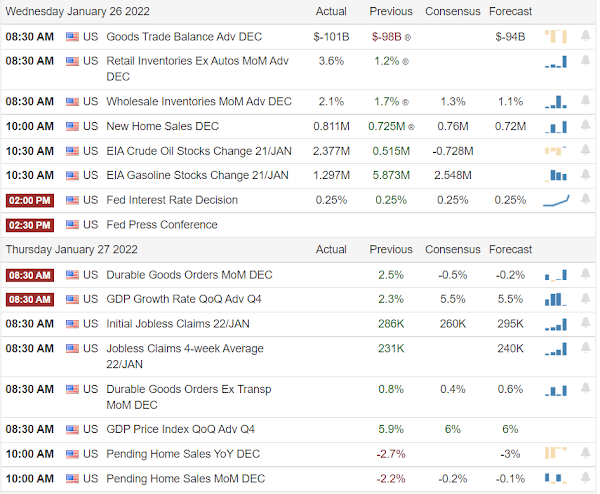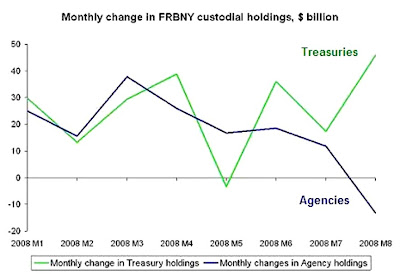"The problem with movies and books is they make evil look glamorous, exciting, when it's no such thing. It's boring and it's depressing and it's stupid. Criminals are all after cheap thrills and easy money, and when they get them, all they want is more of the same, over and over."
Dean Koontz
"Is it that we are that dumb, or they are just that brazen?"
Jesse, 2008
“I wish I had an answer to that because I'm tired of answering that question.”
Yogi Berra
"While everyone enjoys an economic party the long-term costs of a bubble to the economy and society are potentially great. They include a reduction in the long-term saving rate, a seemingly random distribution of wealth, and the diversion of financial human capital into the acquisition of wealth.”
Larry Lindsey, Federal Reserve Governor, FOMC Minutes, September 24, 1996
“Crime, once exposed, has no refuge but in audacity.”
Tacitus
“He did not care for the lying at first. He hated it. Then later he had come to like it. It was part of being an insider, but it was a very corrupting business.”
Ernest Hemingway, For Whom the Bell Tolls
And there it is, ladies and gentlemen.
Another precious metals futures option expiration on the Comex.
Another wash and rinse in the equity markets.
Don't blame Powell. He is just the messenger, another manservant for Mackie Messer and the moneyed interests.
Blame all those 'very important people' who tolerate a dirty rotten system in the hopes of getting a little more than they deserve for themselves.
And the band played on.
Have a pleasant evening.











































